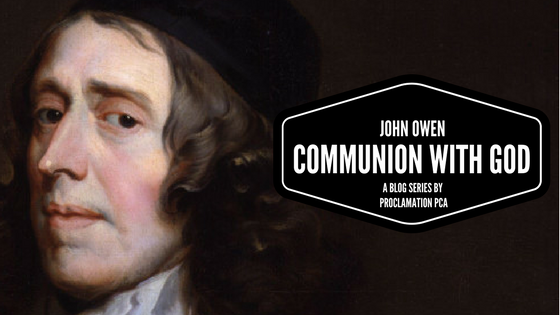Psalm 73:25-26: Vengeance, Sin, and Hope
Psalm 73:25-26: Whom have I in heaven but you? And there is nothing on earth that I desire besides you. My flesh and my heart may fail, but God is the strength of my heart and my portion forever.
We do not need the news to inform us that bad people do not get what they deserve, that life is confusing and not the way it should be. If you can relate to these feelings, you can relate to Asaph (the writer of Psalm 73). Asaph lived with arrogant, gluttonous, wicked people who led others into their unjust lifestyle (Psalm 73:4-12). Asaph was so distressed by these bad people telling him living God’s way is foolish that Asaph felt obeying the Bible was a waste (Psalm 73:13-16).
Then Asaph experienced the life giving instruction that comes from being in God’s house (Psalm 73:17). In the LORD’s sanctuary Asaph learned two things: (1) the Almighty judges the unjust (Psalm 73:18-20; 27), and (2) Asaph was part of the problem (Psalm 73:3; 21-22). What Asaph learned is true for us as we experience injustice. As we encounter abuses from a sinful world, we need to continue obeying God’s commands, knowing that He will take vengeance (Romans 12:17-21). Also, we need to confess that our sinful hearts add to life’s brokenness, and leave us desperate for Christ’s Spirit-empowered help (Romans 3:9-26, Ephesians 2:1-10, etc.). Lives transformed by Christ know “there is nothing on earth” more desirable than God Himself. Lives transformed by Christ rely on the Holy Spirit’s strength and forgiveness when their “flesh and . . . heart[s]” fail. Lives transformed by Christ are in with love His ways which give hope in the face of injustice (1 John 2:3-6, Psalm 73:28). In short, lives transformed by Christ can boldly say, “I have one passion, it is He [Jesus Christ], He alone” (Count Zinzendorf). As you live in an unjust world, know there is a Triune God Who will bring vengeance, has atoned for your sins in His Son, and gives you hope that one day life will be as it should (Revelation 22:1-5).
This blog was written by Seth Dunn






